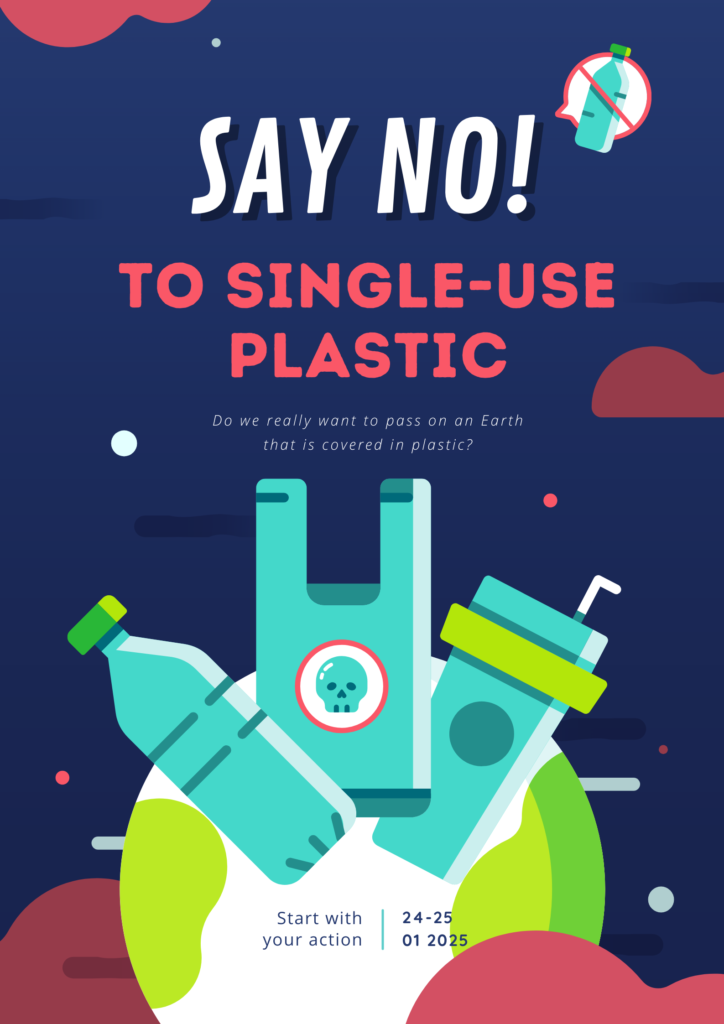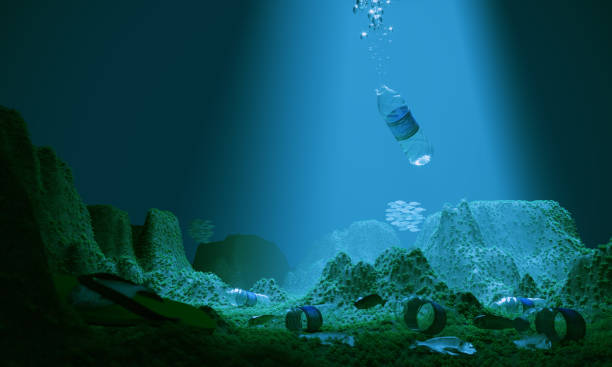Introduction
In our current reality where comfort frequently bests supportability, the plastic problem increasingly poses a threat than at any other time, creating a shaded area over our seas and biological systems. Every year, a huge number of lots of plastic waste enter our current circumstance, making a quiet emergency that compromises natural life and human wellbeing the same. The excursion towards understanding the plastic problem isn’t just about measurements and ecological effect; it’s tied in with perceiving our part in this story and imagining suitable answers for a cleaner future.
A Developing Emergency for Our Planet

Plastic has become quite possibly of the most pervasive material in the advanced world. From ordinary things, for example, bundling and jugs to modern applications, plastic is utilized in practically every part of day to day existence. However, this flexible material accompanies a huge expense: ecological debasement. The plastic problem is perhaps of the most squeezing ecological emergency we face today, influencing environments, untamed life, and human wellbeing.
The Size of the Issue

Consistently, a large number of lots of plastic waste are delivered universally. As a matter of fact, it is assessed that more than 8 million tons of plastic enter the seas yearly, adding to a developing contamination issue. The diligence of plastic, which can require hundreds to millennia to separate, implies that it aggregates in landfills, streams, and seas, making enduring harm. Just a little level of plastic is reused, with a lot of it winding up in the regular world.
Influence on Untamed life
One of the most disturbing results of plastic contamination is its overwhelming effect on untamed life. Marine creatures, for example, ocean turtles, whales, and birds frequently botch plastic garbage for food. Consuming plastic can prompt suffocation, starvation, and even demise. It is assessed that in excess of 100,000 marine creatures pass on every year because of ingesting plastic. Besides, as plastic separates into more modest particles called microplastics, it penetrates the natural pecking order, possibly influencing all types of life, including people.
Human Wellbeing Concerns
While the immediate impacts of plastic contamination on human wellbeing are as yet being considered, there are developing worries about the expected dangers. Microplastics, which are little particles of plastic that outcome from the corruption of bigger plastic things, have been found in regular water, ocean salt, and, surprisingly, the air. The synthetic compounds utilized in plastic creation, for example, phthalates and bisphenol A (BPA), can drain into the climate and may destructively affect human wellbeing, including endocrine disturbance, formative issues, and other long haul diseases.
Arrangements and Forward moving steps
The battle against plastic contamination requires aggregate activity. A few methodologies can assist with relieving the effect of plastic on the climate:
Lessen plastic utilization: Diminishing single-utilize plastic items, like straws, jugs, and sacks, can altogether diminish plastic waste.
Increment reusing: Legislatures and businesses should put resources into better reusing advancements and projects to guarantee that more plastic is reused as opposed to disposed of.
Advance other options: Developments in biodegradable materials and reasonable bundling choices can assist with supplanting plastics in different businesses.
Bring issues to light: State funded instruction missions can assist people with understanding the significance of decreasing plastic use and supporting arrangements pointed toward handling plastic contamination.
Support strategy changes: States should authorize more grounded guidelines on plastic creation and waste administration, as well as empower the advancement of manageable other options.
Conclusion
The plastic problem is an intricate and extensive issue that requests pressing activity. By tending to the underlying drivers of plastic contamination, bringing issues to light, and advancing reasonable other options, we can pursue a future where plastic waste no longer compromises our planet. It’s not only a natural issue; a worldwide emergency requires collaboration across ventures, states, and people to make significant change.

Leave a Reply